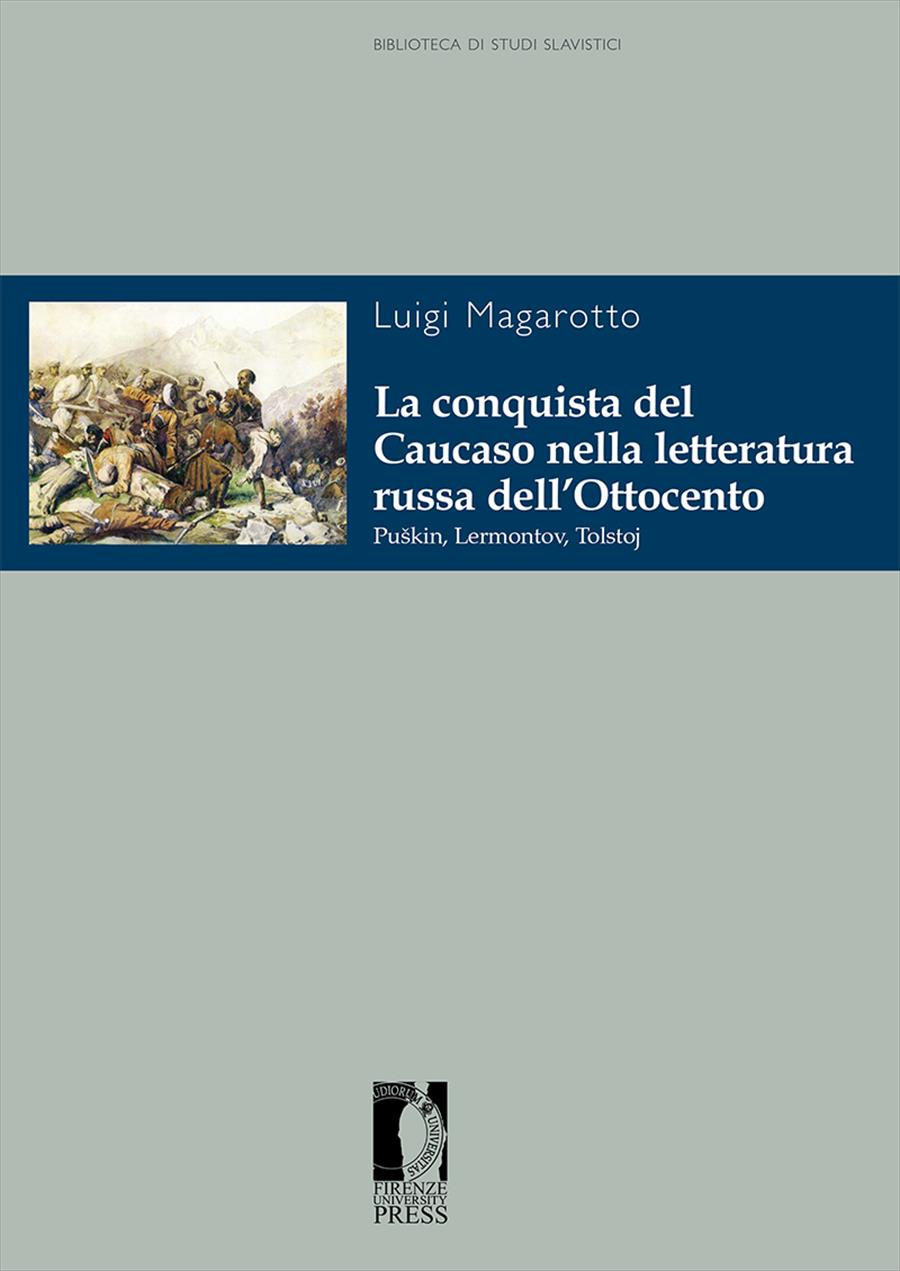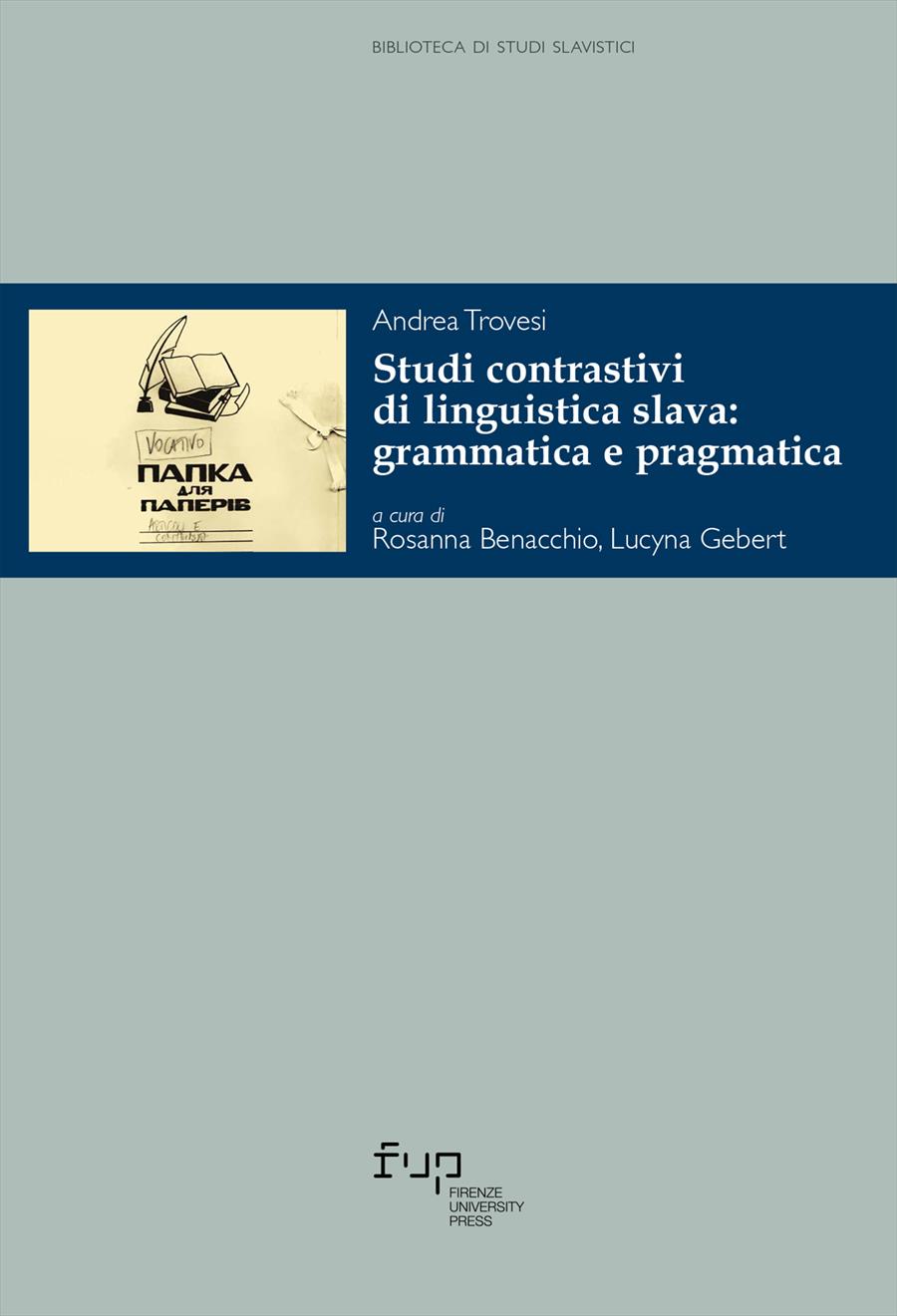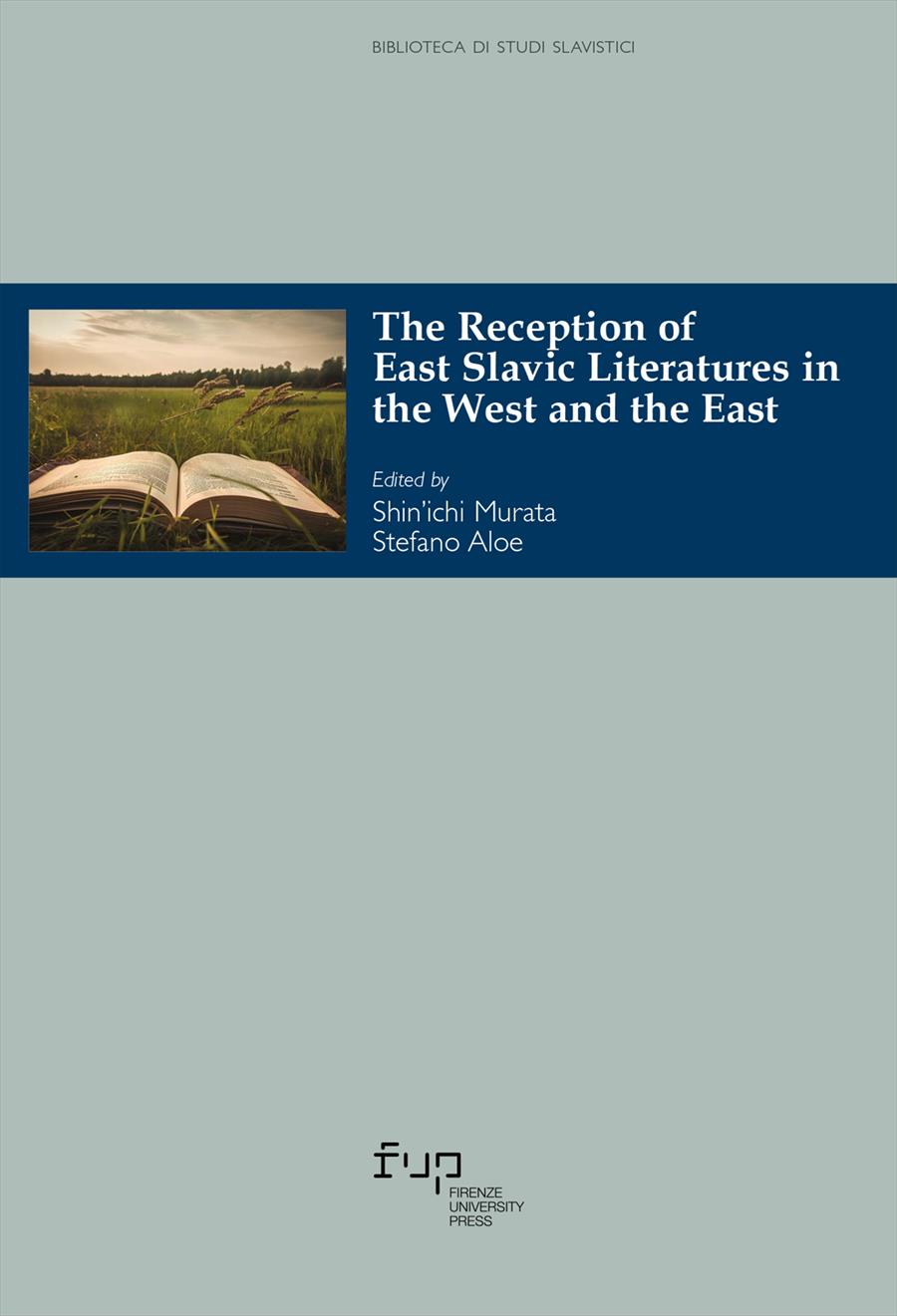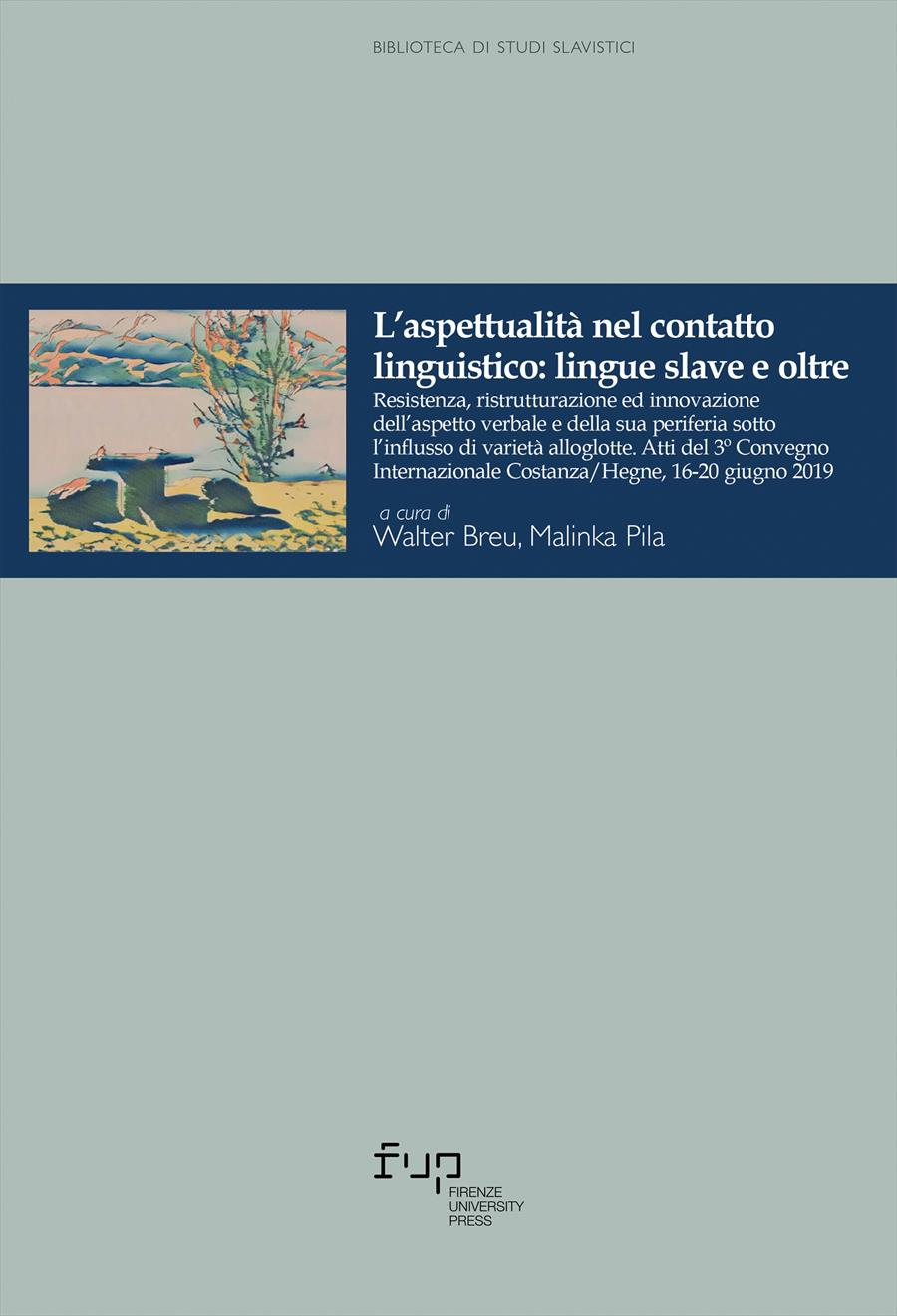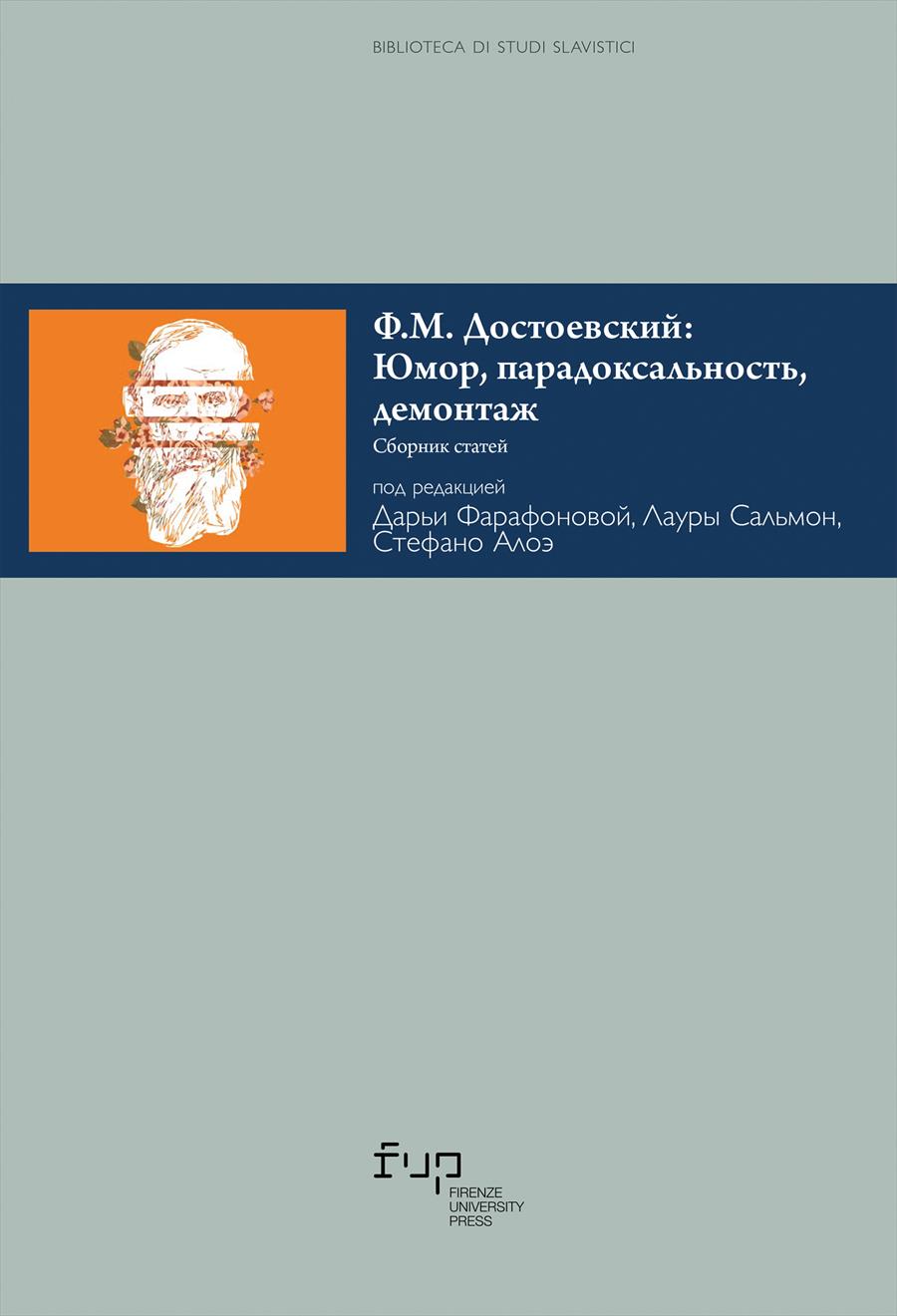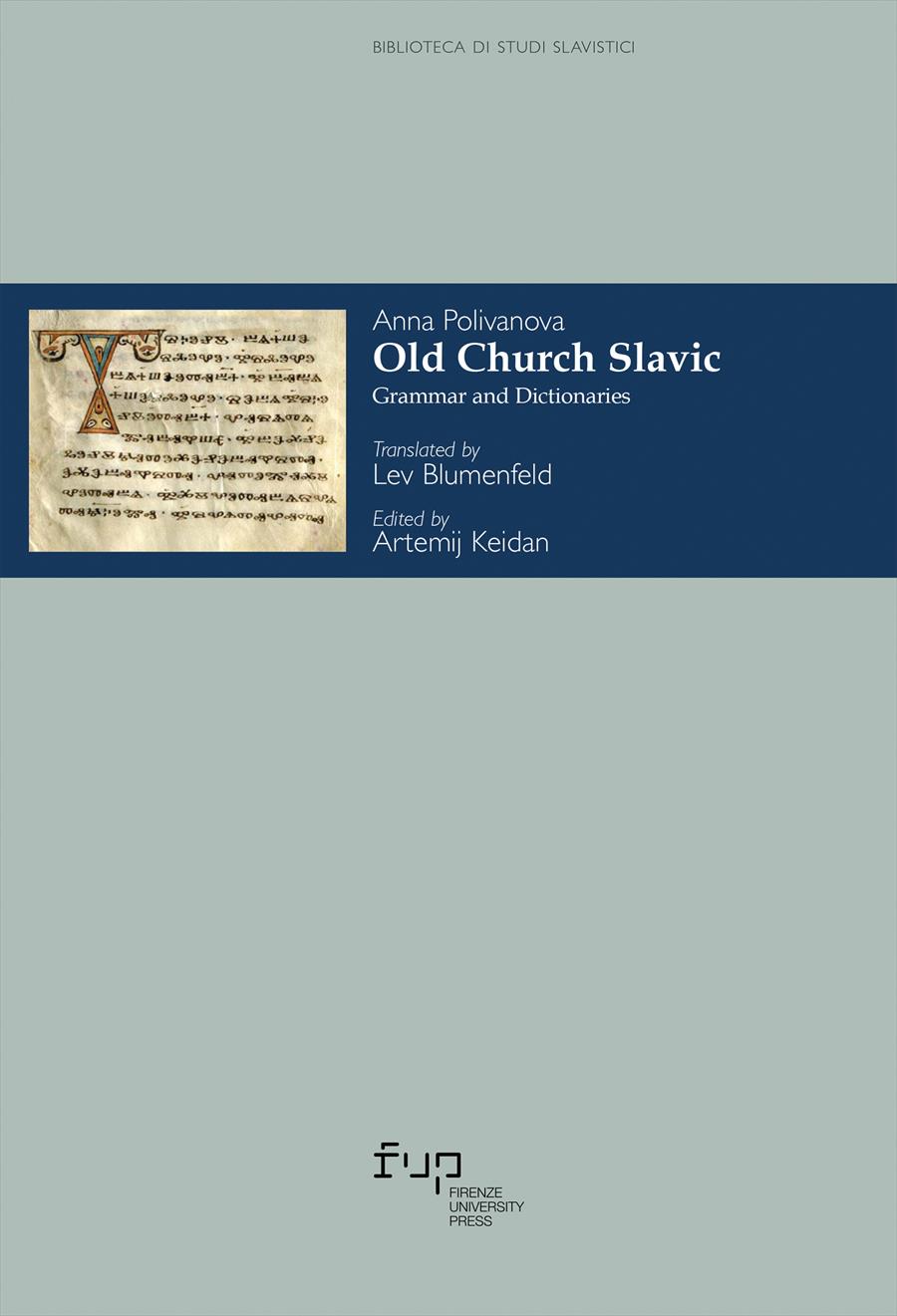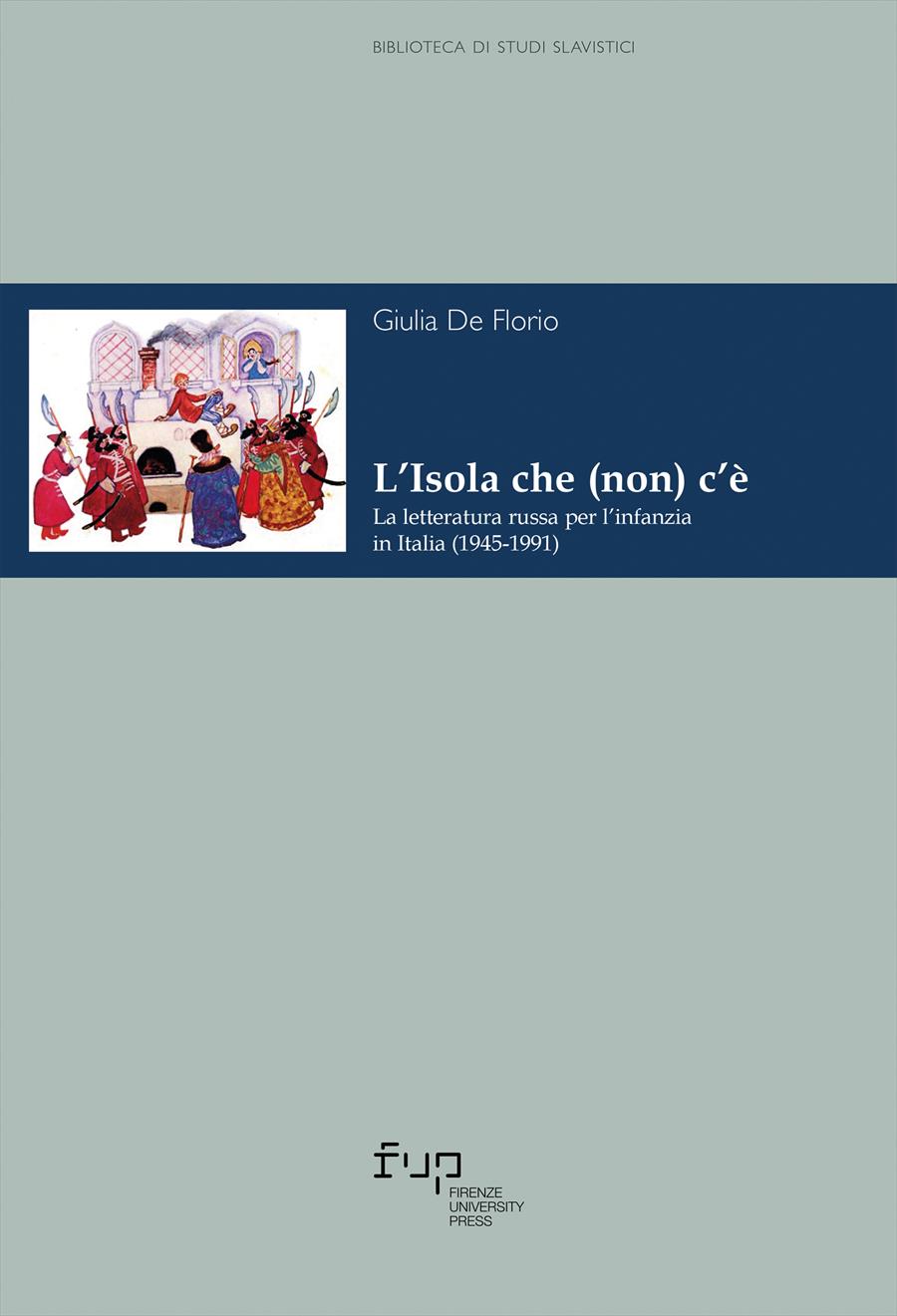La conquista del Caucaso nella letteratura russa dell’Ottocento
Puškin, Lermontov, Tolstoj
- Luigi Magarotto,
The author addresses the issue of the conquest of Caucasus at the hand of the Tsarist army, investigating the attitude held towards this event by three of the major authors of nineteenth-century Russian literature: Aleksandr Puškin (1799-1837), Mikhail Lermontov (1814-1841) and Leo Tolstoy (1828-1910), expressed through some of their most famous works. As for Puškin, the analysis touches the three main Southern Poems, as well as the account of his trip to Arzrum in 1829 on the Russian-Turkish war theatre, and the drama Boris Godunov, dedicated above all to the matter of power, in which however the will to create an empire imposes itself. The analysis of Lermontov’s works, in addition to the poem The novice, set in Georgia, is also about the short story Bela, which is part of the 'novel' A hero of our time. The short story was chosen for its clear display of the Russian officers’ attitude of contempt towards the indigenous Caucasians. The analysis of Tolstoy starts with the young author’s position in the 1850s, when he was a voluntary fighter in the Caucasus, as shown in the story The raid. Then, the analysis moves to the position of the 'mature' Tolstoy, a pacifist and anti-militarist, who expresses his ideas in the long story Hadji Murat.
- DOI: 10.36253/978-88-6655-892-7
- Series: Biblioteca di Studi Slavistici
- Scientific Board
- Language: Italian, Russian
- Subjects: Slavic Literature
Ca' Foscari University of Venice, Italy
- Publication Year: 2015
- Pages: 342
- eISBN: 978-88-6655-892-7
- Content License: CC BY 4.0
- © 2015 Author(s)
- Publication Year: 2015
- Pages: 342
- ISBN: 978-88-6655-891-0
- Content License: CC BY 4.0
- © 2015 Author(s)
Bibliographic Information
Book Title
La conquista del Caucaso nella letteratura russa dell’Ottocento
Book Subtitle
Puškin, Lermontov, Tolstoj
Authors
Luigi Magarotto
Peer Reviewed
Number of Pages
342
Publication Year
2015
Copyright Information
© 2015 Author(s)
Content License
Metadata License
Publisher Name
Firenze University Press
DOI
10.36253/978-88-6655-892-7
ISBN Print
978-88-6655-891-0
eISBN (pdf)
978-88-6655-892-7
eISBN (xml)
978-88-5518-958-3
Series Title
Biblioteca di Studi Slavistici
Series ISSN
2612-7687
Series E-ISSN
2612-7679
